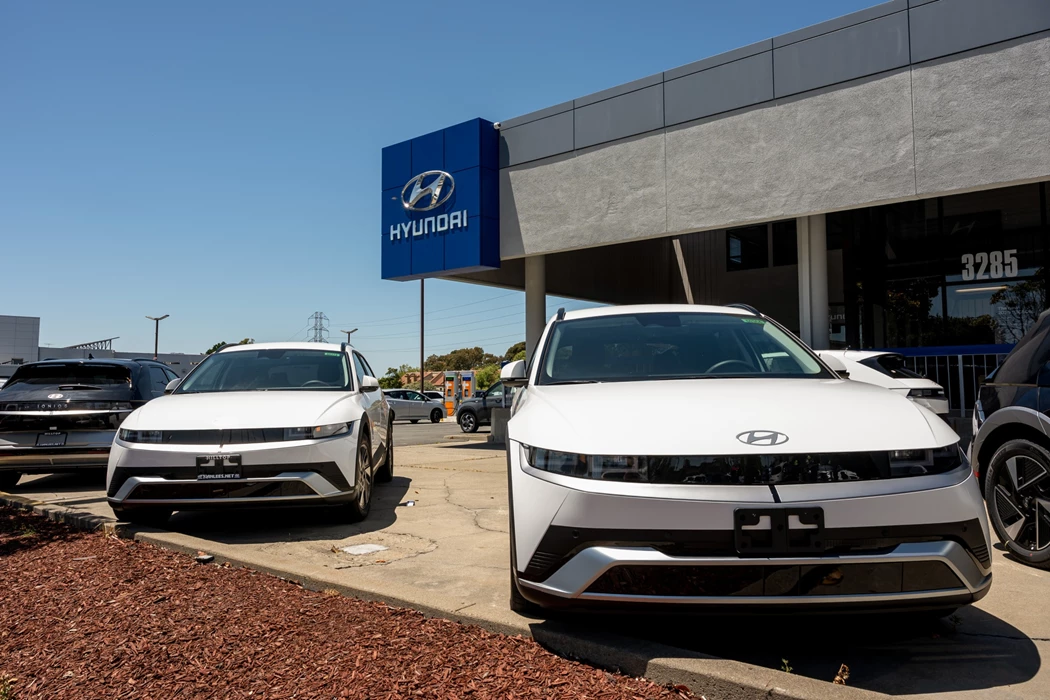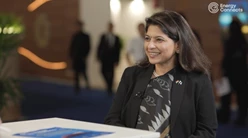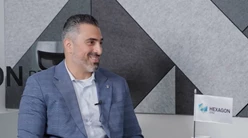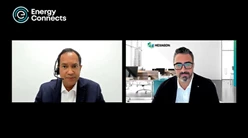Hyundai Signals Looming Relief After $1.3 Billion Tariff Hit
(Bloomberg) -- Hyundai Motor Co. said US tariffs cost it about 1.8 trillion won ($1.3 billion) in the third quarter, though this week’s trade agreement between Seoul and Washington that lowers import tariffs may offer the automaker some reprieve.
The deal will cut US duties on South Korean auto imports to 15% from 25% and is part of a broader agreement that sees South Korea pledge a total of $350 billion in investments in the US. The imposition of duties had weighed heavily on Korea’s top carmakers as, previously, most of their shipments incurred no duty at all.
“The biggest benefit is that tariff uncertainty has been resolved,” Hyundai’s Chief Financial Officer Lee Seung Jo said in a conference call after the company reported quarterly earnings. “We now know how to operate in the future and have a clearer direction on which way to operate.”
Hyundai had been at particular risk from hefty US duties as trade negotiations stretched for months and it found itself at the center of an unprecedented immigration raid on a Hyundai-LG Energy Solution Ltd. battery facility in Georgia that further frayed political ties. Last month, Hyundai lowered its profit expectations for 2025, though raised its overall revenue forecast, as it ramps up investment in the US to cushion the impact from tariffs.
The company revealed more details of its US plans. It expects to launch a new Palisade hybrid sport utility vehicle in the the country in the fourth quarter and is considering manufacturing it and other midsize SUVs in the US, Lee said.
That’s on top of previously announced plans, including a pledge to invest a record $21 billion in the US through 2028 to expand production and create about 14,000 direct jobs. The initiative includes $9 billion to boost factory output to about 1.2 million vehicles annually.
Hyundai is also expanding production at its factories in Alabama and Georgia and bolstering its hybrid lineup to rekindle demand in North America, a key growth driver, while introducing locally-designed or produced EV models in Europe, India and China.
While the recent trade deal offers clarity, South Korea’s auto industry still faces uncertainties. Carmakers including Hyundai are set to see greater competition from their Japanese rivals, which are also subjected to a 15% duty, and face an uneven outlook for electric vehicles.
‘Tripling Down’
The company said electrified cars now represent a quarter of total global sales, up from 19% a year ago, but that customer preferences vary widely by region. In Europe, half of sales are electrified, whereas hybrids play a larger role in the US and Central and South America, the company said in a global retail sales report released Thursday. By 2030, it expects 60% of sales to be electrified.
And while other automakers pull back from China, a tough market where the rise of local brands like BYD Co. has triggered a price war, Hyundai said it’s sticking to its strategy there.
“We’re not doubling down on China — we’re tripling down,” Chief Executive Officer José Muñoz said.
Demand for EVs in the US is set to weaken, then rebound after 2030, while EV and hybrid sales in Europe will remain solid until 2027-28, according to Lee. Sales of fully-electric and hybrid vehicles made up more than a quarter of its total retail sales.
Hyundai said Thursday that operating profit fell 29% in the three months ended Sept. 30 from a year earlier to 2.54 trillion won, in line with analyst estimates. Revenue rose 8.8% to a 46.7 trillion won, a record for the third quarter.
Wholesale deliveries during the third quarter were slightly over 1 million, up 2.6% from a year earlier. Unit sales in North America climbed nearly 13%, while EV and hybrid sales in Europe jumped 42%, according to the earnings statement. Favorable exchange rates also helped its earnings, it said. Sales on a retail basis rose 4.8% to a similar level to wholesales.
In a separate statement, Hyundai said it broke ground Thursday on a new hydrogen fuel cell production plant in South Korea. The facility is a 930 billion won initiative aimed at churning out 30,000 fuel cell units annually for vehicles, ships and construction equipment and is expected to be completed in 2027.
(Updates with CEO comment and retail sales numbers from ninth paragraph.)
©2025 Bloomberg L.P.





